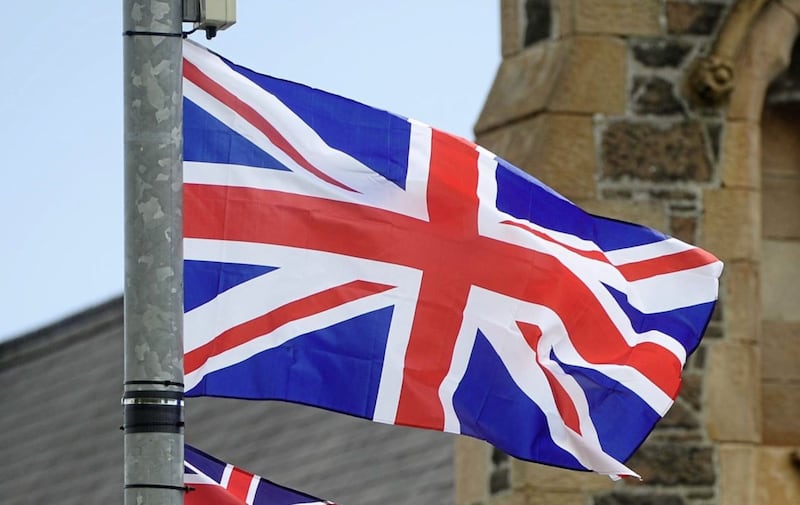Political unionism is in a slow motion crisis. Its problems, which are mostly of its own making, have been accelerated by Brexit, a political gamble that was either supported with unabated enthusiasm by much of the DUP or grudgingly accepted by the Ulster Unionists on the principle that it was a UK-wide vote. Either way, it hasn’t worked out well.
It’s widely acknowledged that up until the 2016 EU referendum, it was nationalism that was struggling to realise its ideological goals, and while this challenge hasn’t completely disappeared, it is unionism that finds itself in the midst of a deep identity crisis. Having looked at the electoral trends and demography, an increasing number of unionist politicians are belatedly realising that the things they once took for granted are no longer guaranteed.
On top of this, Brexit has opened up a schism within unionism between the pragmatists and the purists, the former believing that prosperity and tolerance will safeguard the north’s future in the UK, while the latter thinks principle is sacrosanct. Add to this mix, the growth of English nationalism and an increasing disconnect between people in Britain and their conuterparts in the north, and it’s apparent that the dynamic of the union has shifted greatly.

For a few, the penny dropped some time ago. It’s at least a decade since the then DUP leader Peter Robinson first said unionism needed to stop looking for Lundies and instead seek converts. On paper, it’s a simple strategy but in practice it proves more difficult.
Unionism by its nature has always been conservative, so conceding ground on matters of equality, whether it be language, parading and even sexuality, was always seen as synonymous with relinquishing power and control.
Yet the culture wars around parading, language and same sex marriage are effectively settled and leave unionism with a blank canvas from which it can regroup.
Also, wow betide the DUP politician who dares speak of ‘best of both worlds’ or ‘gateways to opportunity’ this time around, but there’s a realisation, in one wing of the party at least, that dual market access offers unprecedented economic possibilities for the north.
The latest pitch from Sir Jeffrey Donaldson – about making Northern Ireland work, listening to young people and showing greater tolerance – is what the Ulster Unionists have been saying for a decade, albeit often undermined internally by a less progressive element. The DUP leader’s pragmatic vision for unionism chimes more with Doug Beattie than it does with Sammy Wilson, so some form of co-operation with the Ulster Unionists seems a natural development.
Whether this will lead to the two parties agreeing pacts in the forthcoming Westminster election is a different matter. The UUP has already named its candidates in a handful of constituencies and believes it has a strong chance of gaining South Antrim from its larger rival.
As Sir Jeffrey’s year-long dither around the Windsor Framework demonstrated, unionism does nothing in a hurry, so rather than expecting an immediate coupling of the DUP and UUP, look on this courtship as a long-term endeavour. However, if the two parties fail to move decisively, there’s always a danger that they’ll miss the boat completely.






